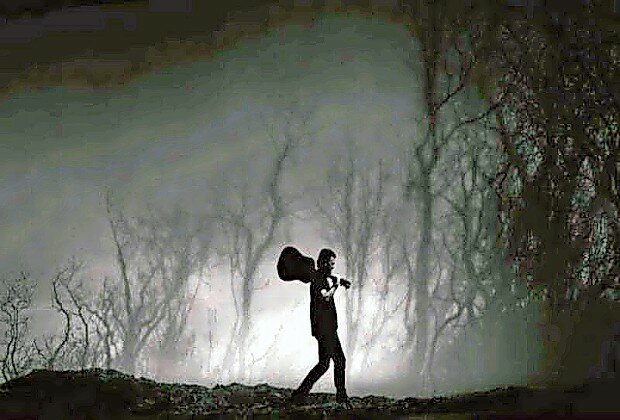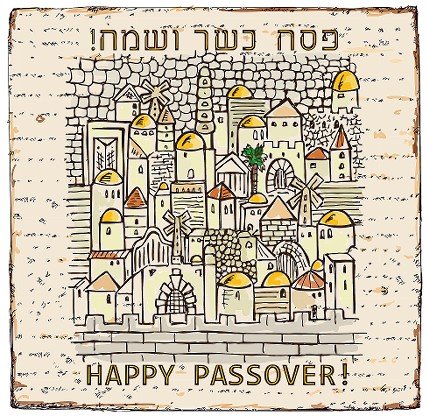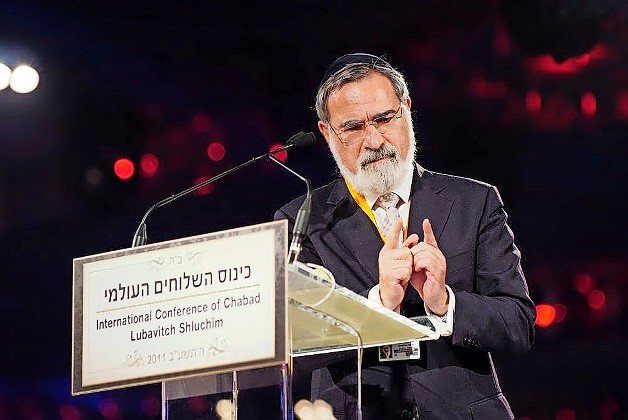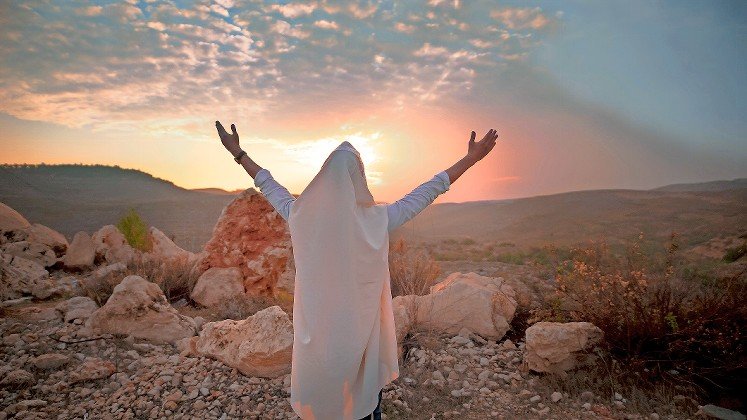Rabbi Jonathan Sacks
196 results total, viewing 41 - 50
|
There have been times when one passage in this week’s parsha, Behaaloscha, was, for me, little less than lifesaving.
No leadership position is easy. Leading Jews is harder still. And …
more
By Rabbi Jonathan Sacks zt"l
|
6/7/23
|
|
Bamidbar is usually read on the Shabbat before Shavuot. Shavuot is the time of the giving of the Torah; “bamidbar” means “in the desert.” What is the connection between …
more
By Rabbi Sir Jonathan Sacks zt"l
|
5/18/23
|
|
I argued in my “Covenant and Conversation” for parshat Kedoshim that Judaism is more than an ethnicity. It is a call to holiness. In one sense, however, there is an important ethnic …
more
By Rabbi Sir Jonathan Sacks zt"l
|
5/10/23
|
|
THE parsha of Emor contains a chapter dedicated to the festivals of the Jewish year. There are five such passages in the Torah. Two, both in the book of Exodus (Ex. 23:14-17; Ex. 34:18, 22-23), are …
more
By Rabbi Sir Jonathan Sacks zt"l
|
5/3/23
|
|
Some years ago I was visited by the then American ambassador to the Court of St James, Philip Lader. He told me of a fascinating project he and his wife had initiated in 1981. They had come to …
more
By Rabbi Sir Jonathan Sacks zt"l
|
4/26/23
|
|
The Rabbis moralized the condition of tzara’at (often translated as leprosy), the subject that dominates both Tazria and Metzora. It was, they said, a punishment rather than a medical …
more
By Rabbi Sir Jonathan Sacks zt"l
|
4/19/23
|
|
The following is an extract from the introduction to the Koren Sacks Pesach Machzor.
Pesach is the oldest and most transformative story of hope ever told. It tells of how an otherwise …
more
By Rabbi Sir Jonathan Sacks zt"l
|
4/3/23
|
|
One of the most difficult elements of the Torah and the way of life it prescribes is the phenomenon of animal sacrifices — for obvious reasons. First, Jews and Judaism have survived without …
more
By Rabbi Sir Jonathan Sacks zt"l
|
3/29/23
|
|
It was never my ambition or aspiration to be a rabbi. I went to university to study economics, then switched to philosophy. I also had a fascination with the great British courtroom lawyers, …
more
By Rabbi Sir Jonathan Sacks zt"l
|
3/22/23
|
|
The more I study the Torah, the more conscious I become of the immense mystery of Exodus 33. This is the chapter set in the middle of the Golden Calf narrative (between Exodus chapter 32 …
more
By Rabbi Sir Jonathan Sacks zt"l
|
3/8/23
|

 39.0°,
Fair
39.0°,
Fair 








